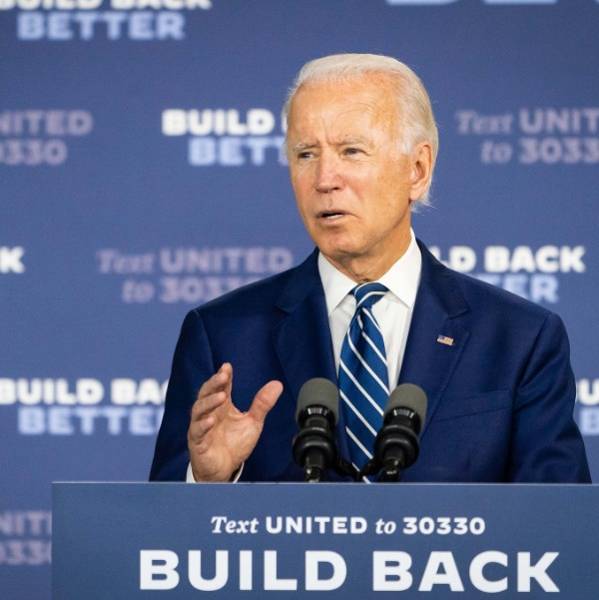This article appears in the Witness section of the Autumn 2018 issue of the New Humanist. Subscribe today.
Assam sits in north-eastern India, a tea-growing state that borders the primarily Muslim country of Bangladesh. Assam has been home to a large number of Bengali-speaking people for decades. The population of Bengali-speakers increased when Bangladesh declared independence from Pakistan in 1971, prompting a bitter civil war. Millions of people fled over the border to India during the war, many settling in Assam.
In July, the Indian government published a list that effectively stripped four million of these people of their citizenship. The National Register of Citizens is a list of people who can prove that they came to Assam before 24 March 1971, a day before Bangladesh declared independence. The list confirmed just 29m of Assam’s 33m residents. Many of those concerned have lived in India all their lives and had submitted documents to prove their citizenship, but now have just one month to appeal their exclusion from the list. There are widespread fears that the move will render these 4 million people stateless. The consequences of statelessness are already playing out in Bangladesh, which is currently home to 750,000 Rohingya refugees from Myanmar. The country is likely to strongly resist any efforts by India to deport the Bengali-speakers.
What is happening in Assam fits into a wider pattern in India, where long-standing religious tensions between Hindus and Muslims are heightened, exacerbated in part by political leaders. The current party of government in India, elected in 2014, is the Hindu nationalist Bharatiya Janata Party (BJP) of Narendra Modi, prime minister. Muslim citizens of India have highlighted increased instances of violence and discrimination since Modi came to office. There has been a drastic upsurge in so-called “cow vigilantes”, Hindu lynch mobs who attack people suspected of eating beef. (Cows are venerated by a large segment of the population.) The victims have most often been Muslims.
The BJP has long advocated a tough line against “illegal Bangladeshi migrants”. During the party’s successful state election campaign in Assam in 2016, it emphasised the threat to Indians posed by Muslim migrants from Bangladesh, and repeatedly pledged to deport them from Assam.
While the party has made the status of these Bengali-speaking people a pressing political issue, of course these tensions predate the BJP’s most recent ascent to power. For years, indigenous residents of the state have complained about the influx of what they say are illegal Bengali-speaking migrants during the war and in the intervening years. At numerous points, these tensions have bubbled into large-scale ethnic violence. India has also kept several thousand people whom it has designated as illegal Bangladeshi migrants in detention, for as long as nine years.
While Modi’s government has downplayed comparisons to the Rohingya situation, this inflammatory move in Assam risks rendering millions stateless overnight and igniting both immediate violence and a long-term humanitarian crisis. The destruction of religious pluralism in India continues to have a serious and violent human impact.

